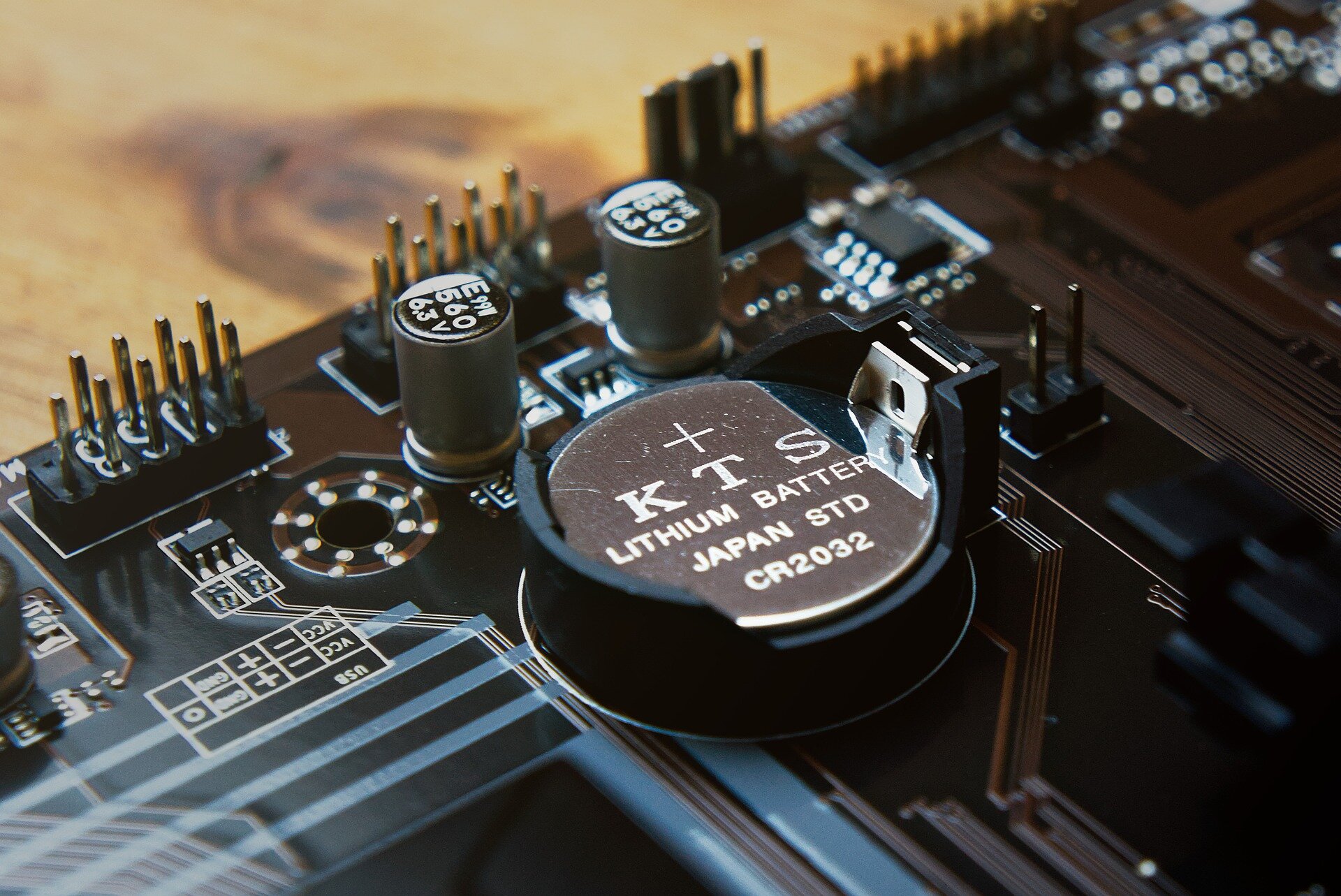Legalization of marijuana has been associated with increased use in women of childbearing age. Since tetrahydrocannabinol (THC), one of the active ingredients in marijuana, passes through breast milk, many neonatal intensive care units (NICUs) restrict the use of breast milk from THC-positive women because the effects on early preterm infants are unknown. However, science has shown that feeding these preterm babies breast milk is one of the best ways to improve their outcomes and leads to fewer infections and intestinal issues, improved brain growth, and better overall development compared to feeding them infant formula.
The study abstract, “Maternal Marijuana Use During Pregnancy and Breastfeeding: Assessing In-Hospital Outcomes of Early Preterm Infants,” to be presented at the virtual American Academy of Pediatrics National Conference & Exhibition, analyzed the medical records of 763 early preterm infants from 2014 to 2020. Researchers found 17% of their mothers tested positive at the time of delivery for THC.
“Providing breast milk from THC-positive women to preterm infants remains controversial since long-term effects of this exposure are unknown,” said Natalie L. Davis, MD, MMSc, abstract author and Associate Professor of Pediatrics at the University of Maryland School of Medicine and Attending Neonatologist at the University of Maryland Children’s Hospital. “For this reason, we continue to strongly recommend that women avoid marijuana use while pregnant and while nursing their babies. Our study, however, did provide some reassuring news in terms of short-term health effects. It definitely indicates that more research is needed in this area to help provide women and doctors with further guidance.”
Researchers compared early preterm infants who were fed breast milk from THC-positive mothers to those who were fed either formula or breast milk from THC-negative mothers and found no differences in short-term health impacts such as breathing difficulties, lung development, and feeding issues. Overall, early preterm babies born to mothers who tested positive for marijuana at delivery were similarly healthy by the time of their discharge when fed their mother’s breast milk compared to those who did not receive their mother’s breast milk.
“Teasing out the effects of THC can be very difficult to study,” Dr. Davis said. “We found that women who screened positive for THC were frequently late to obtain prenatal care, which can have a detrimental effect on their baby separate from marijuana use. This is important to note for future public health interventions.”

